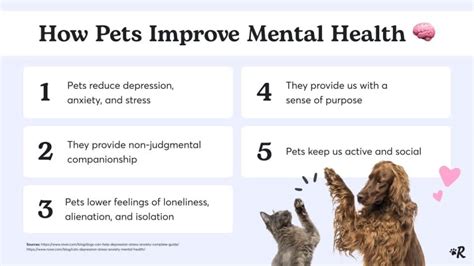Introduction
Cat parenting is a rewarding experience, but it can also come with its share of challenges. One common challenge is anxiety, which can manifest in a variety of ways. It is important to understand the signs of anxiety in cats and how to help them cope.

Signs of Anxiety in Cats
Anxiety in cats can be expressed in a number of ways. Some of the most common signs include:
- Hiding
- Pacing
- Vocalizing
- Aggression
- Urinating or defecating outside the litter box
- Overgrooming
Causes of Anxiety in Cats
There are a number of factors that can contribute to anxiety in cats. Some of the most common causes include:
- Changes in routine
- New people or animals in the home
- Loud noises
- Travel
- Pain or illness
Helping Cats Cope with Anxiety
If you think your cat is anxious, there are a number of things you can do to help them cope. Some of the most effective strategies include:
- Providing a safe and comfortable environment
- Establishing a regular routine
- Avoiding loud noises and other stressors
- Providing plenty of play and exercise
- Using calming aids, such as pheromone diffusers or calming treats
- Consulting with a veterinarian
Conclusion
Cat parenting is a rewarding experience, but it can also come with its share of challenges. Anxiety is a common challenge, but it is important to understand the signs and how to help cats cope. By providing a safe and comfortable environment, establishing a regular routine, and avoiding stressors, you can help your cat live a happy and healthy life.
Frequently Asked Questions
1. What are the most common signs of anxiety in cats?
The most common signs of anxiety in cats include hiding, pacing, vocalizing, aggression, urinating or defecating outside the litter box, and overgrooming.
2. What are the most common causes of anxiety in cats?
The most common causes of anxiety in cats include changes in routine, new people or animals in the home, loud noises, travel, pain, and illness.
3. How can I help my cat cope with anxiety?
There are a number of things you can do to help your cat cope with anxiety. Some of the most effective strategies include providing a safe and comfortable environment, establishing a regular routine, avoiding loud noises and other stressors, providing plenty of play and exercise, using calming aids, and consulting with a veterinarian.
4. When should I consult with a veterinarian about my cat’s anxiety?
You should consult with a veterinarian about your cat’s anxiety if it is severe or persistent. A veterinarian can help to rule out any underlying medical conditions that may be causing the anxiety and can recommend treatment options.





















